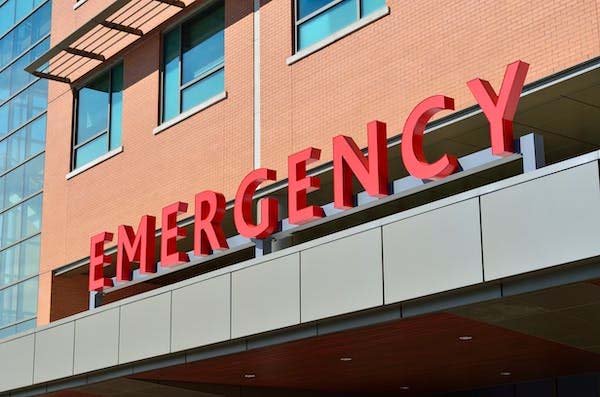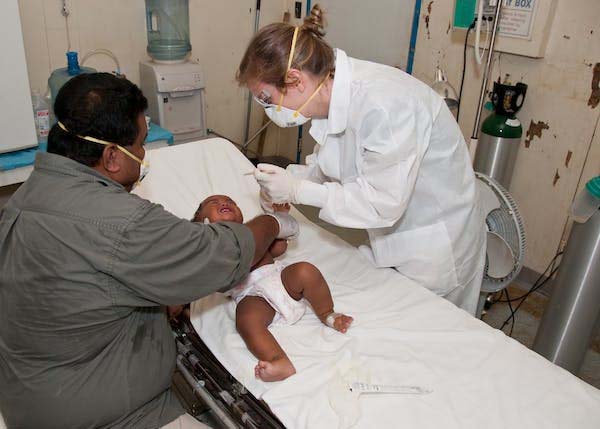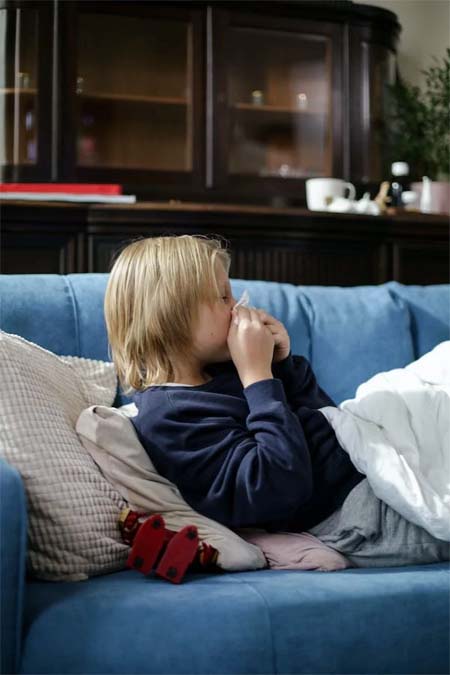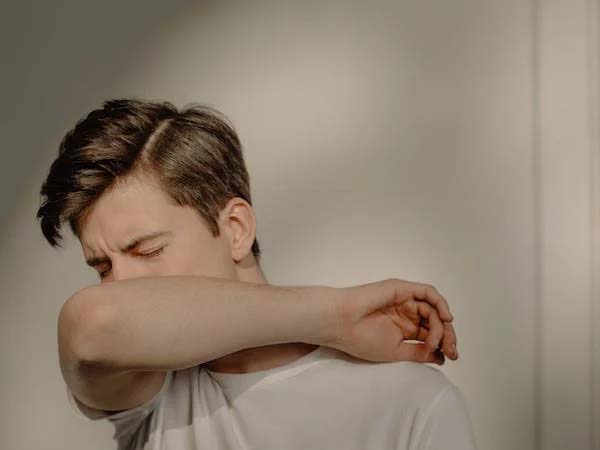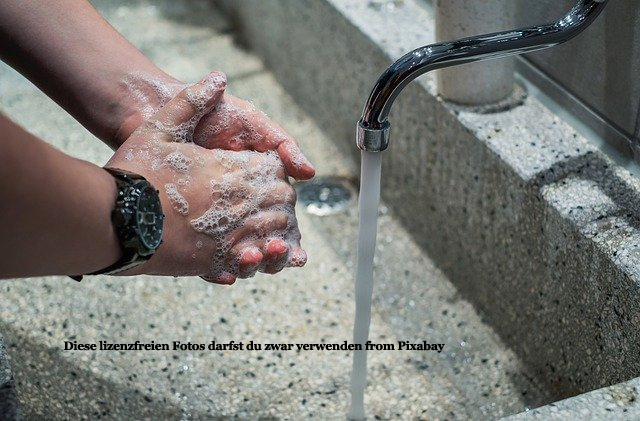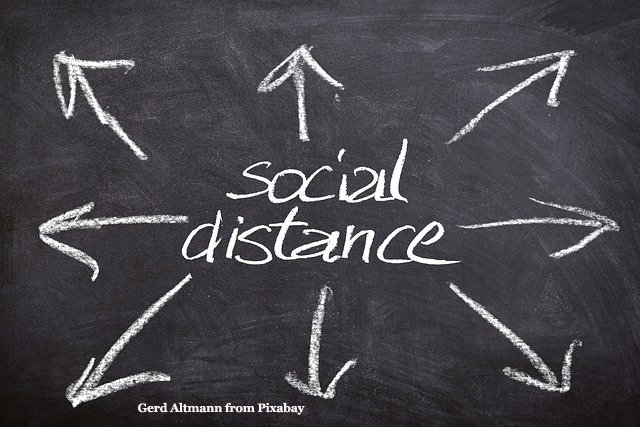RSV
RSV or respiratory syncytial virus has been at the forefront of the news lately (as of December 2022). Hospitals are overflowing with sick children as well as some at-risk adults, many with severe complications. But, why? And why now all at once? Did the public health measures imposed on us during COVID-19, such as masking and social distancing, cause us to have weakened immune systems or is something else at play here?
WHAT IS RSV?
RSV is a contagious airborne virus that is the most common cause of acute respiratory infection, which can be serious, especially for infants and older adults. Almost all children (barring a pandemic), will be infected with RSV by the time they are 2 years of age. Most recover in a week or two, though some infections can be severe.
During the pandemic, children and mothers were less exposed to viruses like RSV. A pregnant mother can pass down protective antibodies against the RSV virus to her child through the placenta. Although the antibodies acquired in utero do not prevent infants from being infected by RSV, they can protect them from the more severe complications that would require hospitalization.
TWO HYPOTHESES...
There appear to be 2 different hypotheses being used to explain why RSV is causing such problems now. One is not backed by science, the other is.
HYPOTHESIS #1
The explanation given by hypothesis #1, which is not based on science, is that during COVID-19, masking, virtual schooling, and physical distancing made children stay indoors for long periods of time and prevented them being exposed to common bacteria and viruses. Thus, their immune systems were weakened due to under stimulation, just as can happen with under used muscles.
There are some major problems with this theory:
- Our immune system does not act like and should not be compared to a muscle. It does not need constant poking and prodding from germs to avoid lethargy.
- Children were not kept in sterile bubbles during COVID-19. They were still in contact with microorganisms from the soil they played with, the food they ate, and the adults in their lives.
HYPOTHESIS #2
This theory is backed by and based on science. Public health measures against COVID-19 such as masking and staying home have not resulted in an under stimulation of children’s immune systems.
The real reason for the fact that RSV is such a concern now is that during COVID-19, public health measures shielded children from exposure to germs they would normally have been exposed to at an early age and now they are all falling ill at the same time. Added to that, the first infection with RSV is usually the most severe and can lead to hospitalization. As with COVID-19, these children can easily pass the infection to the rest of their family.
HOW DOES RSV SPREAD?
RSV enters the body through the eyes, nose or mouth from infected respiratory droplets in the air. This virus can live for hours on hard objects such as countertops, doorknobs, and toys. It is a very scary fact that in an infant with weakened immunity, the virus may continue to spread for up to four weeks, even after symptoms are gone.
WHO IS AT RISK FOR RSV INFECTION?
- Infants 6 months or younger.
- Children who have congenital heart disease or chronic lung disease.
- Children or adults with weakened immune systems from diseases such as cancer or treatment such as chemotherapy.
- Children with muscular dystrophy or other neuromuscular disorders.
- Adults with heart or lung disease.
- Adults aged 65 or older.
WHAT ARE THE SYMPTOMS OF RSV?
In
adults and older, healthy children, RSV symptoms are generally mild and typically
mimic the common cold. They can include
- Congested or runny nose.
- Dry cough.
- Low-grade fever.
- Sore throat.
- Sneezing.
- Headache.
However, RSV infection can spread quickly to the lower respiratory tract, causing pneumonia or bronchiolitis (inflammation of the small airway passages entering the lungs). Signs and symptoms of pneumonia and bronchiolitis may include:
- Fever.
- Severe cough.
- Wheezing (a high-pitched noise that's usually heard on breathing out.
- Rapid breathing or difficulty breathing. The person may prefer to sit up rather than lie down.
- Bluish color of the skin due to lack of oxygen (cyanosis).
Severe infections in infants can include the following symptoms:
- Short, shallow, and rapid breathing.
- Struggling to breathe. The chest muscles and skin pull inward with each breath.
- Cough.
- Poor feeding.
- Unusual tiredness (lethargy).
- Irritability.
RSV and COVID-19
Since RSV and COVID are both respiratory diseases, some of their symptoms may be similar. In addition, having RSV may lower immunity and raise the risk of acquiring COVID-19. A doctor may recommend those who are infected with RSV to also test for COVID-19.
WHEN TO SEEK MEDICAL ATTENTION
If a child or anyone at risk of severe RSV infection shows any of the following symptoms, seek medical attention immediately.
- Difficulty breathing.
- A high fever.
- Blue color to the skin, particularly on the lips and in the nail beds.
IS THERE A VACCINE FOR RSV?
There is currently no vaccine available for RSV, though there is work going on. There is however, a medication (Synagis) that can be given in the form of an injection at the start of the RSV season (typically fall to the end of spring) and then monthly for the duration of the season.
This medication can help prevent RSV infection for high-risk infants and children 2 years old and younger. The injections can only help prevent RSV infections, but they do not help treat RSV once symptoms develop. This medication is not recommended for healthy children or for adults.
HOW TO STAY HEALTHY
The best measure you can take to protect yourself and those around you is to get vaccinated against COVID-19. You may want to get a vaccine against seasonal flu as well. Talk to your doctor about how to time your vaccinations.
Below are a few prevention tips that work well for both illnesses, many of which we are very familiar with because of COVID-19:
- Wash your hands with soap and water for 20 seconds at a time, especially after you use the bathroom and before you eat. Use an alcohol-based hand sanitizer if soap and water aren't available.
- Keep your hands away from your mouth, nose, and eyes. For children, that means no thumb-sucking or nose-picking.
- Ask everyone in the house to cough and sneeze into their elbow or a tissue, not their hands.
- Clean and disinfect things that are often touched, like doorknobs, countertops, and toys.
- Don't let children share personal items like utensils or cups with anyone.
- Practice social distancing and stay away from anyone who might be sick.
- Don’t smoke near at-risk children or adults. Those exposed to tobacco smoke have a higher risk of getting RSV and could have more severe symptoms.
Please note: Some information was derived from the McGill Office for Science and Society, the Mayo Clinic, and Web MD.
"The Cleanest Clean You've Ever Seen."
by
ABC Oriental Rug & Carpet Cleaning Co.
130 Cecil Malone Drive Ithaca, NY 14850
607-272-1566


